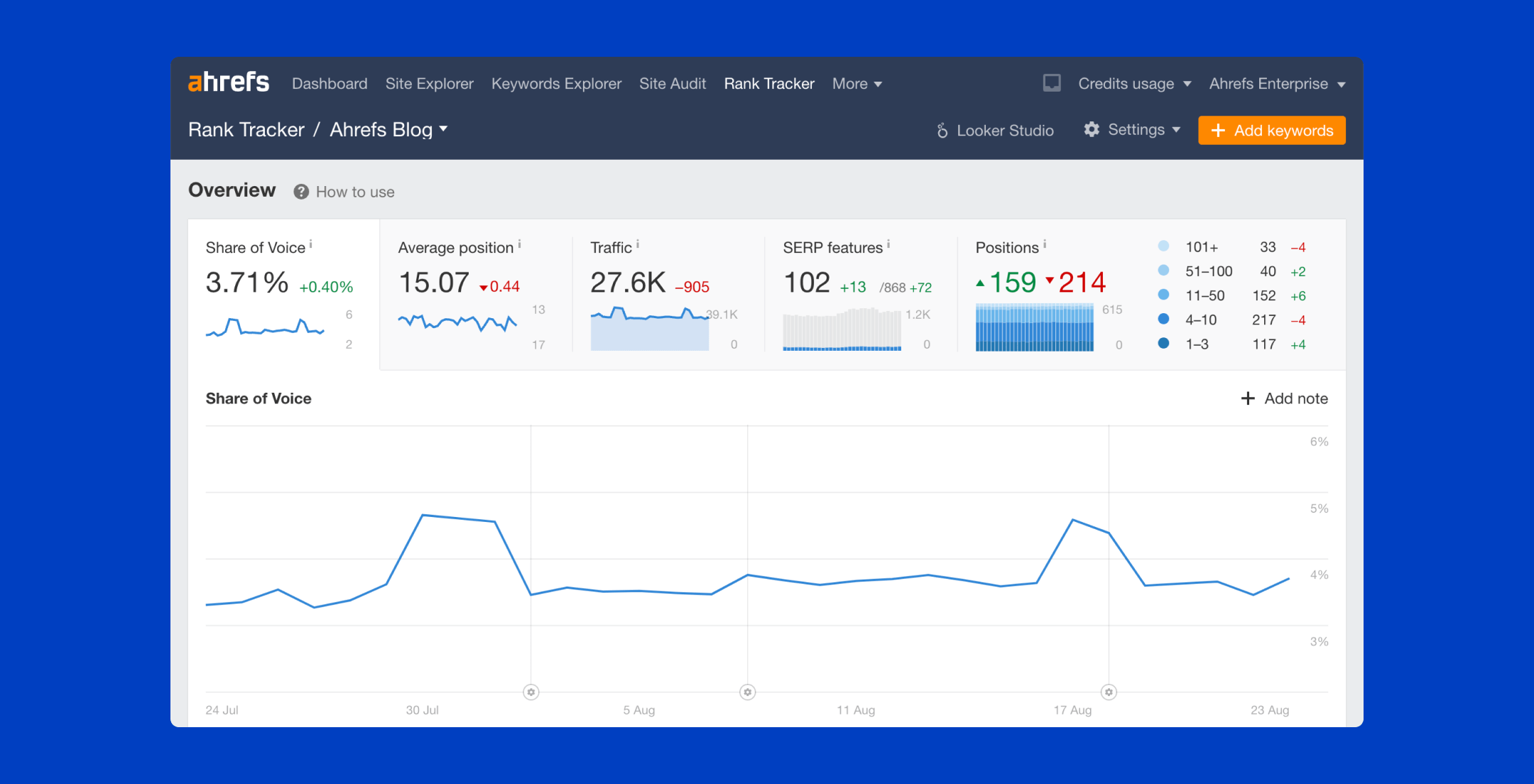Index Surge: Amplifying Your Insights
Stay updated with the latest trends and news across various industries.
Why Your Website's Rank Is Like a Roller Coaster and How to Keep It Smooth
Discover why your website's rank fluctuates and learn proven tips to keep your SEO journey smooth and steady. Click to ride the wave!
Understanding the Ups and Downs: What Causes Website Rank Fluctuations?
Website rank fluctuations are a common phenomenon that every website owner encounters. These fluctuations can be caused by various factors, including changes in Google's algorithms, which are designed to improve search result quality. For instance, algorithm updates such as Panda and Penguin have historically impacted the way content is evaluated, often leading to unexpected rank changes. Additionally, competition plays a significant role; if a competitor enhances their SEO strategy or invests in effective content marketing, they may outrank your site temporarily, prompting a shift in your website's position.
Another important aspect to consider is user engagement. Metrics such as bounce rate, time on site, and page views can influence how search engines view your site's authority and relevance. If user engagement declines, your rankings may fluctuate as search engines reassess your site's value. Furthermore, external factors including backlinks also contribute to rank stability. If a high-authority site links to your content, your rank could improve. Conversely, if a site that links to you loses its credibility, your rank might suffer. Understanding these elements is crucial for maintaining a stable online presence.

Top Strategies to Stabilize Your Website's SEO Performance
To maintain a steady flow of traffic and improve your site's authority, it's essential to implement top strategies to stabilize your website's SEO performance. One effective method is conducting regular SEO audits. This involves evaluating your site's performance metrics, identifying broken links, and analyzing your keyword rankings to ensure continuous optimization. Content quality plays a significant role in this process; consistently producing valuable, informative content keeps your audience engaged and encourages return visits.
Another critical strategy is to optimize your website's loading speed. Web users are notoriously impatient, and if your pages take too long to load, you risk losing potential visitors. Use tools like Google PageSpeed Insights to pinpoint areas for improvement. Additionally, ensure that your website is mobile-friendly, as more users are accessing the web via mobile devices. Finally, consider implementing structured data markup to enhance how search engines interpret your content and improve visibility in search results.
Is Your Website's Rank a Wild Ride? How to Identify and Fix Common Ranking Issues
Understanding the fluctuations in your website's rank can often feel like a wild ride. Various factors contribute to these ups and downs, including algorithm updates, changes in user behavior, and competition within your niche. To regain control over your website’s performance, it’s essential to identify common ranking issues that might be affecting your visibility. Start by analyzing your site’s analytics for sudden drops in traffic, reviewing your content for relevance, and ensuring that your technical SEO is up to par.
Once you've pinpointed potential problems, take action to rectify them. Here are some steps you can follow to fix common ranking issues:
- Conduct a thorough site audit to identify broken links, slow-loading pages, and other technical flaws.
- Optimize on-page SEO elements, including title tags, meta descriptions, and header tags.
- Update outdated content to keep your information fresh and engaging, which can help in retaining visitor interest.
- Improve your backlink profile by seeking high-quality links from reputable websites.